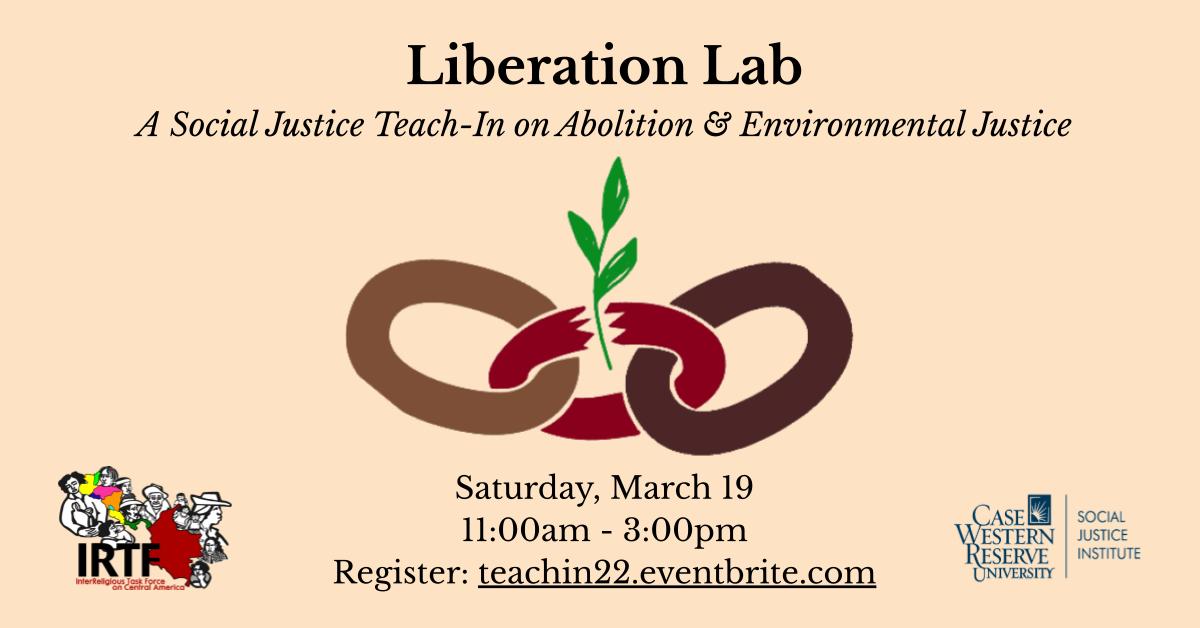Women’s rights defender Yirley Judith Velasco Garrido, the legal representative of the Asociación Mujeres Sembrando Vida (Women Sowing Life Association), has been receiving death threats since 2019. A survivor of sexual violence in the El Salado massacre (Bolívar Department) of 2000, Yirley Judith Velasco Garrido works with women from the region on behalf of victims of sexual violence in the context of the armed conflict in Colombia. Because her life has been threatened on multiple occasions, the Inter-American Commission on Human Rights (IACHR) granted precautionary measures in favor of her and her family in 2020.
On March 21 she received a death threat by text message (“we will fill you with lead if you continue to defend bitches”), which included personal information about her. Using misogynistic language, it also threatened her mother and work colleagues. On March 25, her house was set on fire by unknown persons. Luckily, no one was home, and only material possessions were lost.

